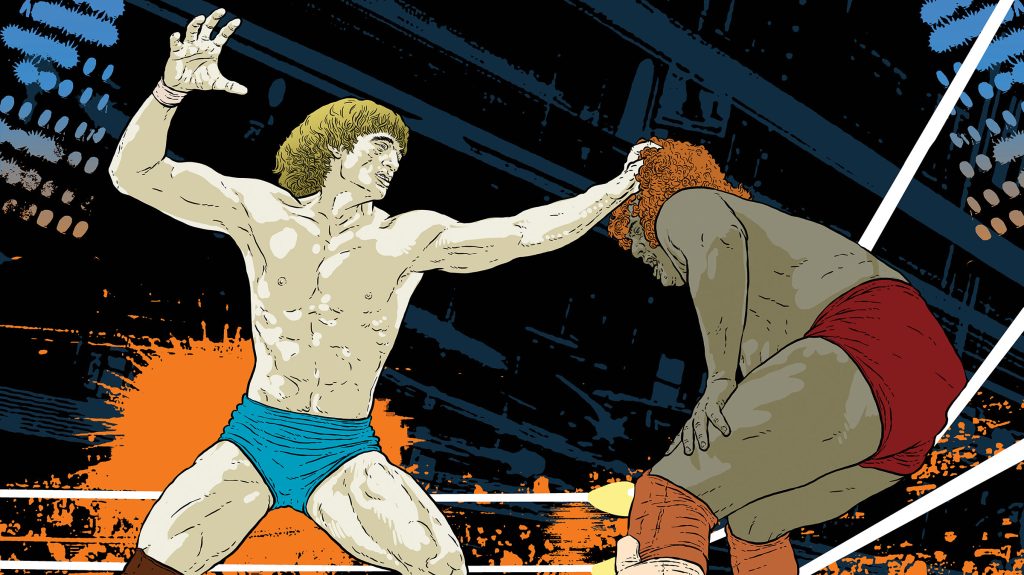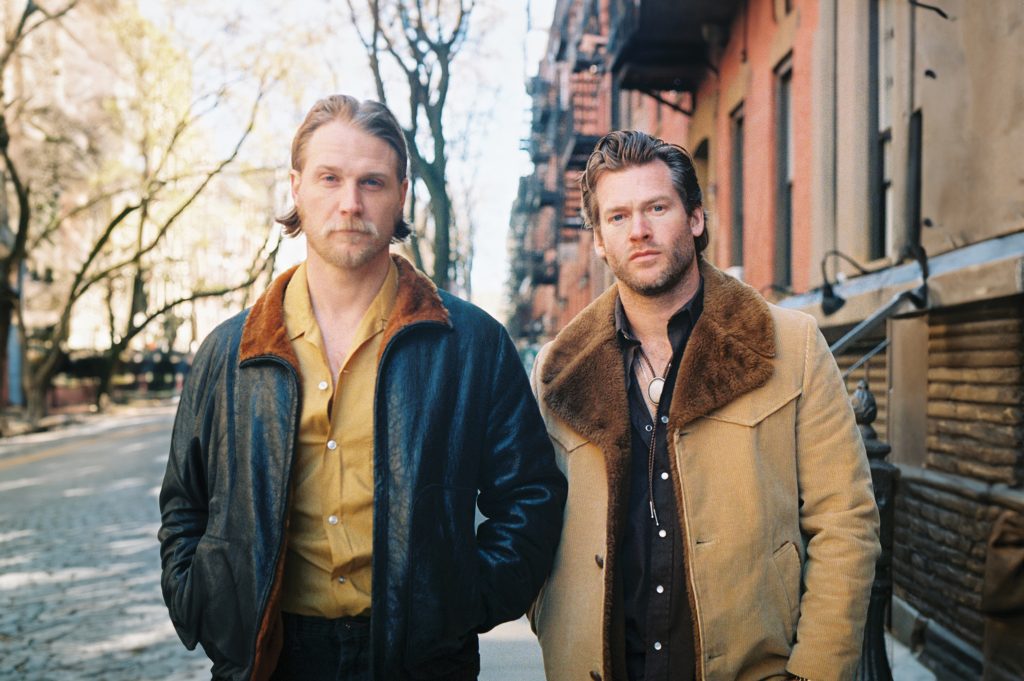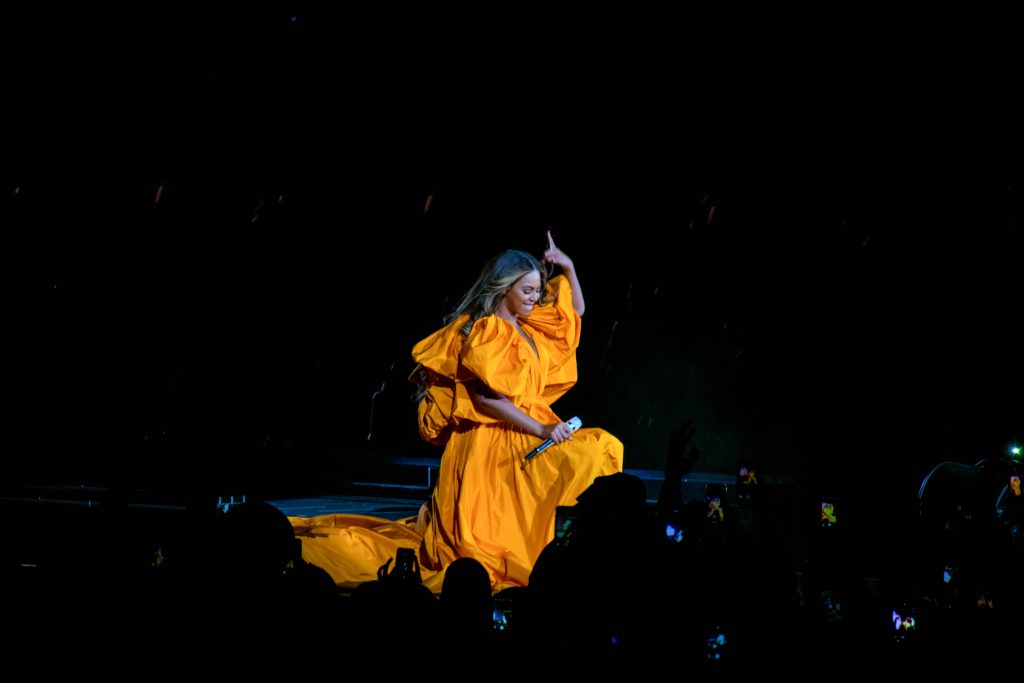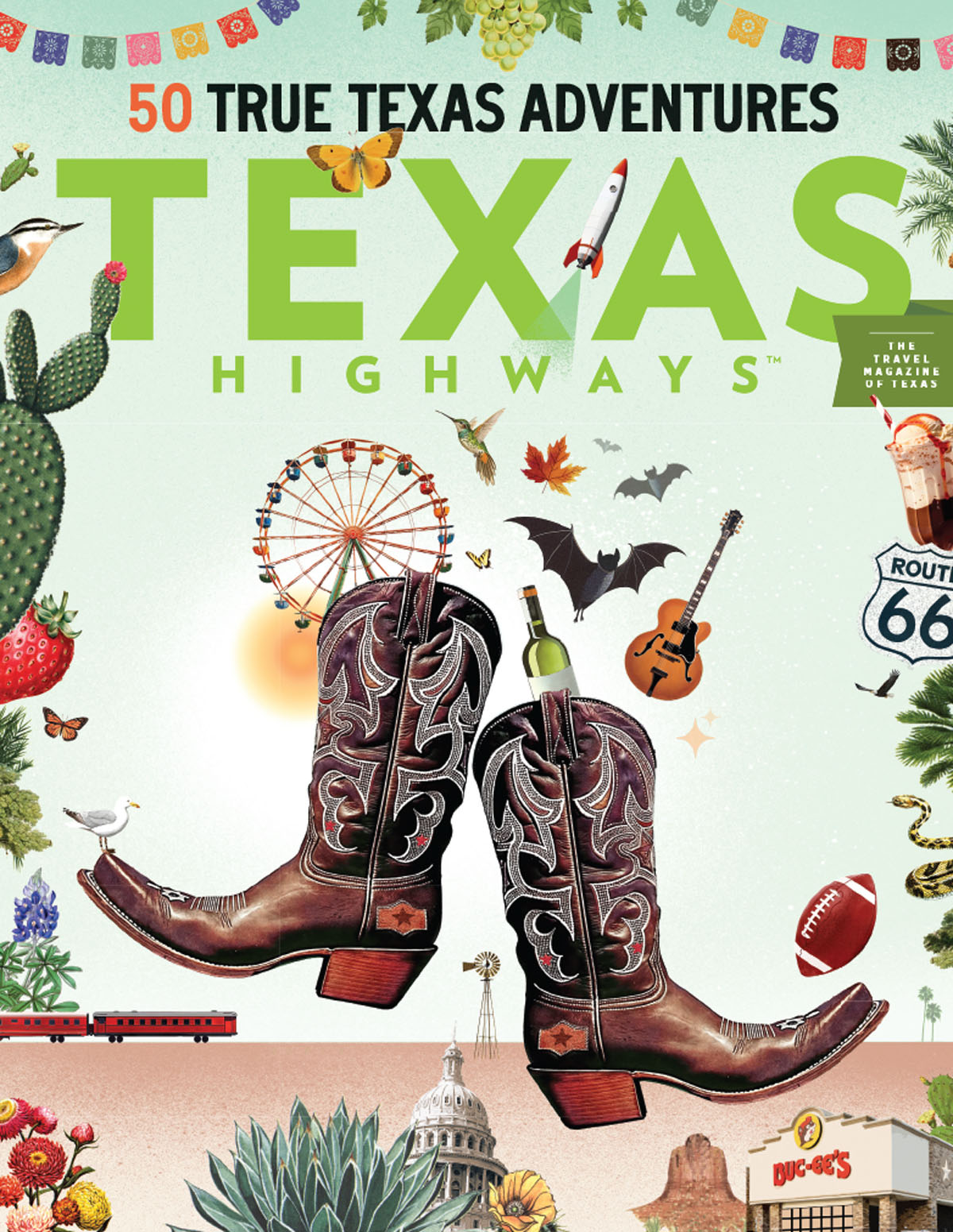Kristofferson by Kris Kristofferson (1970)
Who needs a smooth singing voice when you’re a wellspring of poignant, powerful songs like “For the Good Times,” “Help Me Make It Through the Night,” “Me and Bobby McGee,” and “Sunday Mornin’ Comin’ Down,” all future classics from the Brownsville native’s self-titled debut. This album was stiffed by the public on its release and rankled the Nashville establishment for adult themes, like casual intimacy and depression, previously taboo in country music. But after Janis Joplin’s cover of “Bobby McGee” hit No. 1 in ’71, Kristofferson’s album was retitled Me and Bobby McGee, and it made the top 10 on the Billboard country album chart.
Honky Tonk Heroes by Waylon Jennings (1973)
This was the year Waylon Jennings and Willie Nelson got the creative control that defined outlaw country and made groundbreaking records using their own bands, not Nashville studio musicians. Shortly after the release of Nelson’s Shotgun Willie came Honky Tonk Heroes, a burning and yearning album featuring nine songs written by Waco’s Billy Joe Shaver and wrapped in Waylon’s resonant South Plains baritone. Considered masterpieces today, neither Shotgun nor Heroes were hits, but musicians took note and began demanding their own creative control.
¡Viva Terlingua! by Jerry Jeff Walker (1973)
Jerry Jeff Walker hated groove-zapping studios, so he hired a mobile recording unit to set up outside the Luckenbach Dance Hall in August ’73 to capture him and his band playing live for a week. The first five days were without an audience, with the last night in front of a delirious packed house. The album embodies a frisky and carefree attitude with tracks like “Gettin’ By,” “Sangria Wine,” and “Little Bird.” But the spirit of this “gonzo” country—a la gonzo journalist Hunter S. Thompson—roars when band member Gary P. Nunn unveils “London Homesick Blues” without rehearsal. The crowd quickly picked up the “I wanna go home with the armadillo” refrain, making it an instant Austin anthem.
Red Headed Stranger by Willie Nelson (1975)
Recorded in Garland over five days for $4,000, the sparse production confused Willie’s new label, Columbia, which thought he’d sent in demos. But the uncluttered sound suited his jazz-attuned vocal phrasing and gypsy guitar, as well as the Old West saloon piano from his sister, Bobbie Nelson. “Blue Eyes Crying in the Rain” was the first of many Nelson songs to hit No. 1, while the title track was an old cowboy song about a preacher on the run after killing his unfaithful wife and her lover. Willie and then-wife Connie Koepke came up with the album’s concept driving back to Texas from Colorado.
Wanted! The Outlaws by Waylon Jennings, Willie Nelson, Jessi Colter, Tompall Glaser (1976)
RCA made back money they’d lost on pre-outlaw Waylon and Willie by repackaging previously released and ignored tracks such as “Good Hearted Woman,” “Me and Paul,” and a ’70 duet with Jennings and his wife, Jessi Colter, of Elvis Presley’s “Suspicious Minds.” Colter may have seemed a curious choice for this scruffy group (including Tompall of the Glaser Brothers) but her raucous cover of Mickey Newbury’s “Why You Been Gone So Long” is the most outlaw track on the album. Many rock fans made Wanted! their first country album, enabling this hodgepodge to sell a million copies within a month.
Read more
Honky-Tonk Heroines
The Texas Women of Outlaw Country break the rules their own way
by Natalie Weiner








